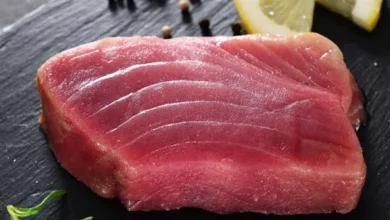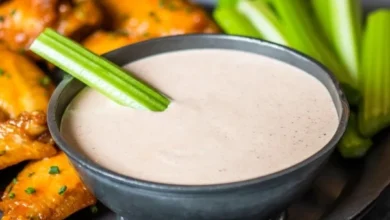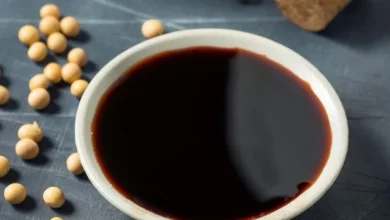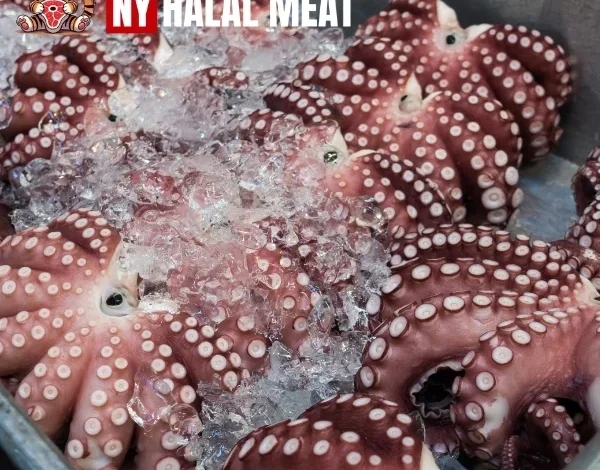
Can Muslims Eat Octopus?
What Does Halal Mean?
Halal is an Arabic term meaning “permissible” or “lawful.” It refers to anything that is allowed according to Islamic law, which covers not only food but also behavior, business dealings, and lifestyle. In the context of food, Halal means that the item has been prepared according to the strict guidelines set out in the Quran and Hadith. For meat, this includes humane slaughter practices and the avoidance of forbidden ingredients like alcohol or pork.
Is Octopus Halal?
The permissibility of eating octopus in Islam varies depending on the interpretation of Islamic dietary laws. This variation comes from different schools of thought regarding seafood, particularly when it comes to creatures like octopus.
Shafi’i and Hanbali Schools of Thought
Both the Shafi’i and Hanbali schools consider all seafood, including octopus, to be Halal. This means that under these schools of thought, octopus can be consumed without issue. These schools typically classify all aquatic creatures as permissible, as the Quran refers to fish and other sea creatures as Halal.
Hanafi School of Thought
The Hanafi school, however, has a more restrictive view. According to Hanafi jurisprudence, only fish is considered Halal from the sea. As octopus is not classified as a fish, it would generally not be considered Halal by Hanafi scholars. This interpretation has led some Muslims to avoid octopus based on their belief in this stricter stance.
Maliki School of Thought
Similar to Shafi’i and Hanbali, the Maliki school generally allows the consumption of all types of seafood, including octopus. Therefore, if you follow the Maliki school, octopus would be considered Halal.
Health and Nutritional Benefits of Octopus
Octopus is a popular seafood choice due to its unique flavor and texture. It is also rich in nutritional benefits, offering a low-fat source of protein, essential vitamins, and minerals. Here are some of the key benefits:
- High in Protein: Octopus is a great source of lean protein, which is essential for muscle repair and overall bodily functions.
- Rich in Omega-3 Fatty Acids: These healthy fats support heart health, reduce inflammation, and contribute to overall well-being.
- Packed with Vitamins and Minerals: Octopus contains essential nutrients like iron, calcium, and vitamin B12, which support energy production and bone health.
For those who follow Halal dietary guidelines and can consume octopus, it can be a nutritious and flavorful addition to their diet.
Potential Concerns with Eating Octopus
While octopus can offer health benefits, there are also concerns to consider, especially for Muslims who follow strict Halal practices:
Cross-Contamination
One of the biggest concerns when eating seafood at a non-Halal certified establishment is cross-contamination. If octopus is prepared in the same area as non-Halal food (like pork) or using utensils that have been in contact with Haram substances (such as alcohol), there may be a risk of contamination. For Muslims who strictly follow Halal guidelines, ensuring that the food is prepared in a dedicated, Halal-compliant kitchen is essential.
Sourcing
Not all seafood is sourced in accordance with Halal practices. Some fisheries or processing methods may not align with Islamic slaughtering practices, making it important to source octopus from Halal-certified suppliers to ensure it meets Halal standards.
Alternatives to Octopus for Halal Diets
For those who prefer to avoid octopus for religious reasons or are unsure about its permissibility, there are many Halal alternatives available:
Fish
Fish is universally accepted as Halal in Islam. It is explicitly mentioned in the Quran as permissible to eat. Popular options include salmon, tuna, and cod.
Other Seafood
Many Muslims who follow Halal guidelines consume other types of seafood that are considered Halal, including shrimp, lobster, and crab. These options are often safer and more widely accepted across different schools of thought.
Chicken, Beef, and Lamb
Halal-certified meats such as chicken, beef, and lamb are great alternatives to octopus. These meats can be prepared in a variety of ways and offer diverse meal options.
Plant-Based Proteins
For those looking for non-seafood options, plant-based proteins like beans, lentils, and tofu are excellent sources of nutrition that align with Halal dietary restrictions.
Conclusion
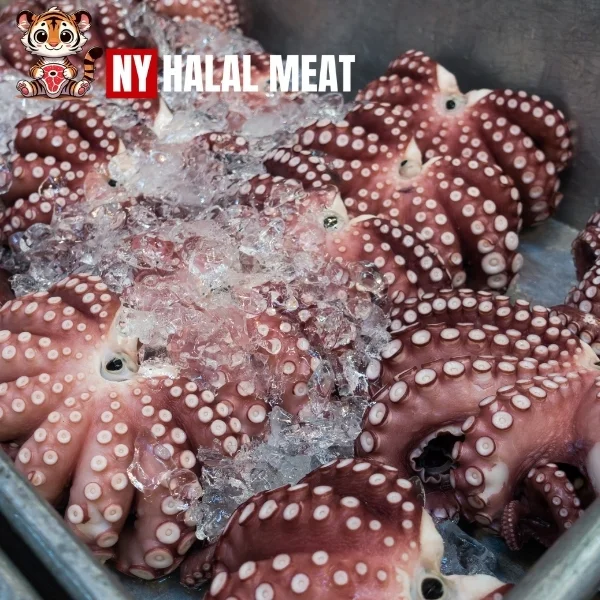
The question of whether Muslims can eat octopus depends largely on their interpretation of Islamic dietary laws and the school of thought they follow. For Muslims adhering to the Shafi’i, Maliki, or Hanbali schools, octopus is considered Halal. However, those following the Hanafi school may consider it Haram due to its classification as a non-fish sea creature.
Regardless of which school of thought you follow, it is important to ensure that any seafood, including octopus, is prepared and sourced in accordance with Halal guidelines to avoid contamination with non-Halal ingredients. For those who prefer alternatives, Halal-certified fish, other seafood, and plant-based proteins provide a wide range of options to maintain a balanced and nutritious diet while adhering to Islamic principles.


